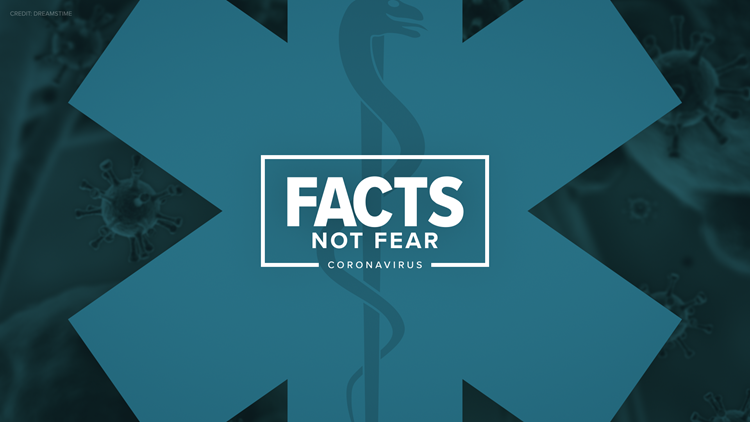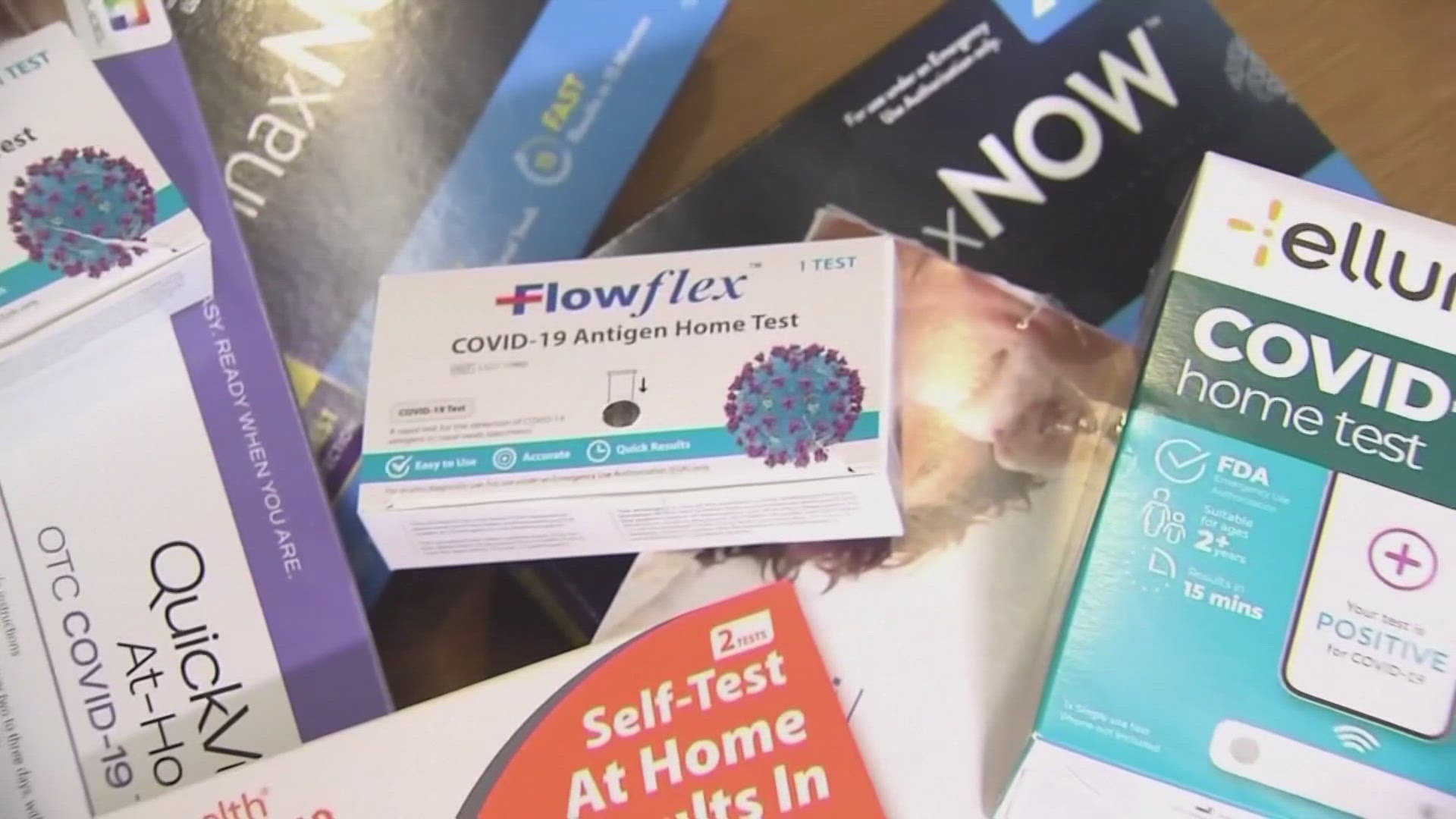CAPE ELIZABETH, Maine — The Cape Elizabeth School Department said a staff member and several students have recently traveled to "concerning areas," and have thus self-quarantined as a result of the March 4 advisory change.
According to Superintendent Donna Wolfrom, they will fulfill the 14-day recommendation to stay home and, if they remain symptom free, will return to school at the end of the 14 days. Wolfrom also urges all students and staff with any illness to stay home.
Additionally, Wolfrom said any Cape Elizabeth parent whose family has traveled overseas at any time in the past few weeks is asked to contact the school nurse to share details of that travel, so that possible application of precautionary voluntary quarantine guidelines can be determined.
Wolfrom added that Cape Elizabeth schools have initiated a precautionary prevention strategy for classrooms, including an emphasis on sanitizing of table and desk surfaces, doorknobs, and stairway railings over daily floor cleaning in an effort to reduce risk.
Schools in Maine are urged to have a plan for students to continue learning from home.
On Monday, March 9, the Health and Environmental Testing Laboratory (HETL) in Augusta started COVID-19 testing. The state lab has the capacity to complete testing for 100 to 200 patients per day. As of March 9, that capacity far exceeds the demand for COVID-19 testing in the state. Maine CDC has a plan to replenish testing supplies as needed.
How to prevent the spread
The virus may spread through the air by coughing and sneezing, close personal contact such as touching or shaking hands, or touching an object or surface with the virus on it and then touching your mouth, nose, or eyes.
Dr. Dora Mills, Senior Vice President of Community Health for Maine Health, says the Coronavirus seems to be contagious in the same way the flu is, through respiratory droplets from coughing and sneezing.
The CDC says there are simple steps to take to reduce the possible spread of COVID-19:
- Wash your hands often with soap and water for at least 20 seconds or use alcohol-based hand sanitizer
- Avoid close contact with people who are sick
- Avoid touching your eyes, nose, and mouth with unwashed hands
- Stay home while you're sick and avoid close contact with others
The U.S. CDC also issued guidance for people at risk for serious illness from COVID-19. If you are high risk of getting very sick from the virus (older adults and people with serious chronic medical conditions) you should:
- Stock up on supplies.
- Take everyday precautions to keep space between yourself and others.
- When you go out in public, keep away from others who are sick, limit close contact and wash your hands often.
- Avoid crowds as much as possible.
- Avoid cruise travel and non-essential air travel.
- During a COVID-19 outbreak in your community, stay home as much as possible to further reduce your risk of being exposed.



